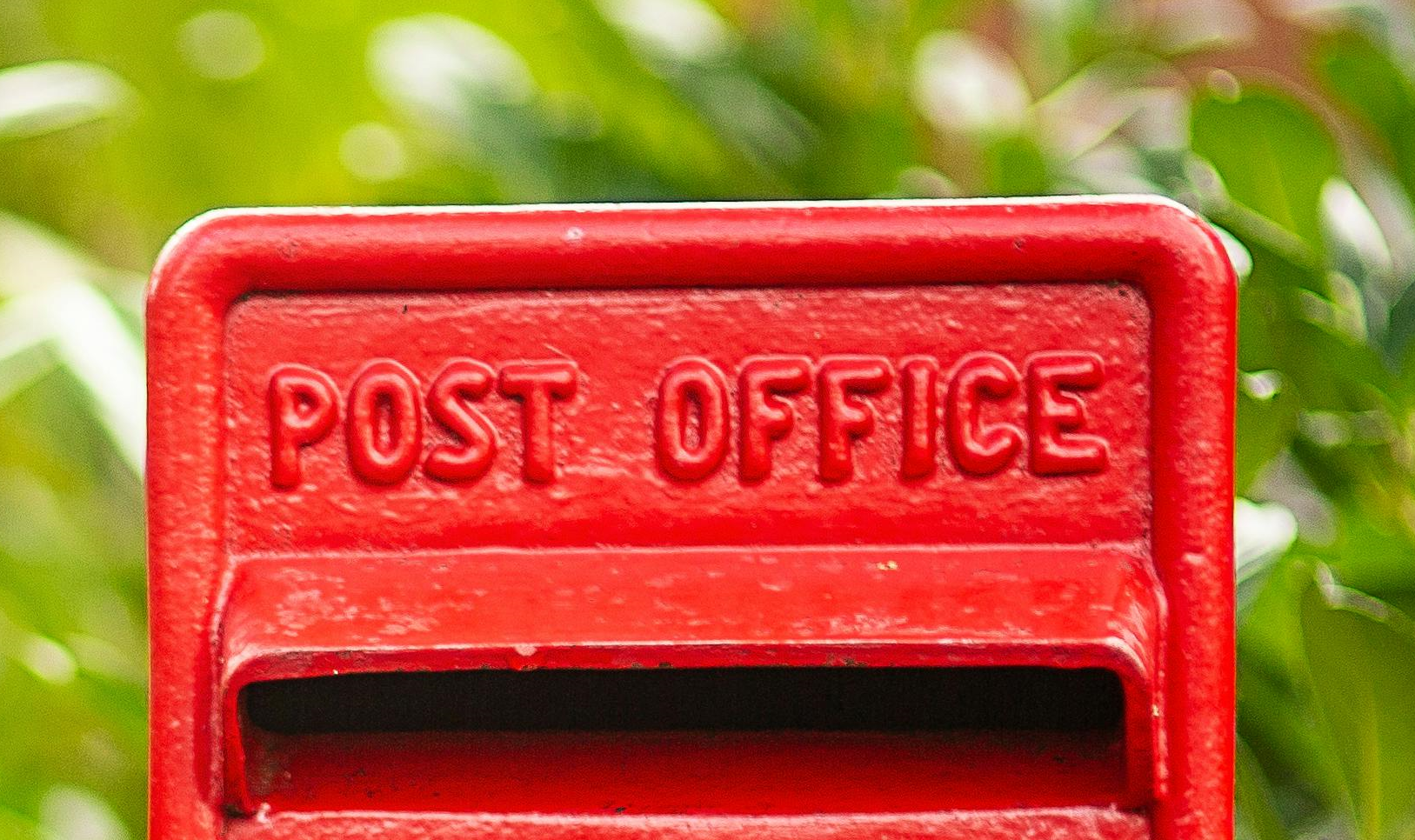Focus on importance of connectivity is welcomed but tech groups oppose renationalisation
Credit: PA
The Labour Party has set out ambitious plans to provide everyone in the UK with free full-fibre broadband by bringing parts of BT into state ownership and forming a new British Broadband public service entity.
The plans have met with a mixed response from tech and telecoms groups, with appreciation expressed for Jeremy Corbyn’s recognition of the importance of broadband – but little support for the idea of nationalisation.
The proposal, revealed by the Labour leader and shadow chancellor John McDonnell (pictured above, with McDonnell on the left), would see the government take control of Openreach, the arm of BT that operates much of the UK’s existing broadband network, as well as parts of BT Technology and its consumer and business and retail broadband arms.
A Labour government would use the nationalised businesses – which the party said would be purchased at a price set by parliament – to create a government-owned entity to provide improved internet access across the country. The entity would have two arms: British Digital Infrastructure, which will roll-out the public network, and the British Broadband Service, which will deliver free broadband.
In addition to the cost of nationalising part of BT, Labour has said there would be a capital cost to roll out the full-fibre network of £15.3bn, in addition to the government’s existing spending, which would be paid for through the party’s planned Green Transformation Fund. However, BT has claimed said such a scheme could cost up to £100bn.
£15.3bn
Labour’s estimated capital cost of rolling out a UK-wide full-fibre network
8-10%
Percentage of UK premises connected to full fibre, according to Labour, compared with 98% in South Korea and 97% in Japan
£30.30
Monthly amount each person would save via free broadband provision, according to Labour estimates
The party has also announced that it would introduce a new tax regime for multinational companies, which would “more than cover” the £230m annual maintenance costs of the broadband network.
Corbyn said that the nationalisation scheme would help “bring communities together in an inclusive and connected society”.
Launching the policy in Lancaster on Friday, he said: “A new public service delivering the fastest broadband free to everyone is at the heart of Labour’s plans to transform the future of our economy and society. The internet has become such a central part of our lives. It opens up opportunities for work, creativity, entertainment and friendship. What was once a luxury is now an essential utility. That’s why full-fibre broadband must be a public service, bringing communities together, with equal access, in an inclusive and connected society.”
According to Labour, only 8-10% of premises in the UK are connected to full-fibre broadband, compared to 97% in Japan and 98% in South Korea. A study by the Centre for Economics and Business Research found that a full-fibre network could boost productivity by £59bn by 2025 and bring half a million people back into the workforce.
John McDonnell said the proposal was “public ownership for the future”.
“A plan that will challenge rip-off ‘out-of-contract’ pricing – and that will literally eliminate bills for millions of people across the UK,” he said. “Every part of this plan has been legally vetted, checked with experts, and costed.”
According to Labour, free provision would save the average person £30.30 a month.
The party has also announced plans for a new charter of digital rights, which could include powers for individuals and collectives to challenge “algorithmic injustice”, where online algorithms cause disproportionate harms to particular groups, as well as data protection and preventing the use of digital infrastructure for surveillance.
Responding to the Labour plan for the Conservatives, digital secretary Nicky Morgan said that the scheme would cost taxpayers “tens of billions”. The Conservatives highlighted that the party had not yet costed how much nationalisation of Openreach would cost.
Industry reaction
Perhaps unsurprisingly, industry groups representing technology and telecoms companies have, broadly, disparaged the Labour plan.
Nevertheless, the party’s recognition of the importance of improving the UK’s broadband infrastructure was welcomed – even if the proposed strategy for doing so was not.
“Every part of this plan has been legally vetted, checked with experts, and costed.”
Shadow chancellor, John McDonnell
Malcolm Corbett, chief executive of the Independent Networks Co-Operative Association, said: “For the UK to become a world leader in full fibre and 5G, it needs to provide access for all, wherever people live or work and we are pleased to see the commitment Labour has shown to this through its latest pledge. While we welcome Labour’s focus, we are concerned that some parts of the policy, for example, nationalisation, will dampen the vibrant market for investment in new fibre networks in the short term, thus delaying fibre roll-out. Free broadband is an attractive consumer proposition but will be costly, could undermine innovation and consumer choice, as well as having a detrimental effect on the service provider sector.”
Matthew Fell, chief UK policy director of the Confederation of British Industry added: “Fast reliable broadband is an absolute priority for people and firms and does need improving. But Labour’s plan is not the way to do it. The rollout of full fibre broadband across the country is underway, and all renationalisation will achieve is to slow down a process that needs speeding up.”
Julian David, chief executive of techUK, was less equivocal; he said the free broadband proposal “would be a disaster for the telecoms sector and the customers that it serves”.
“Renationalisation would immediately halt the investment being driven not just by BT but the growing number of new and innovative companies that compete with BT,” he said. “Full fibre and 5G are the underpinning technologies of our future digital economy and society. The majority of the estimated £30bn cost for full fibre is being borne by the private sector. Renationalisation would put this cost back onto the taxpayer, no doubt after years of legal wrangling, wasting precious time when we can least afford it.”



